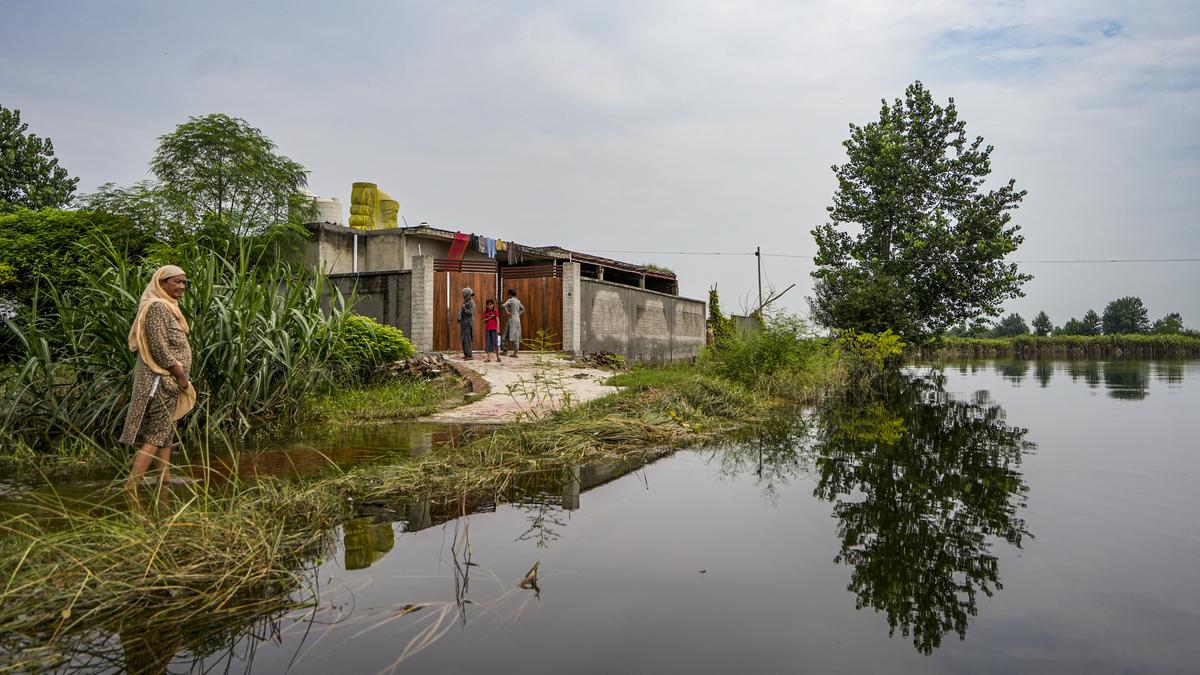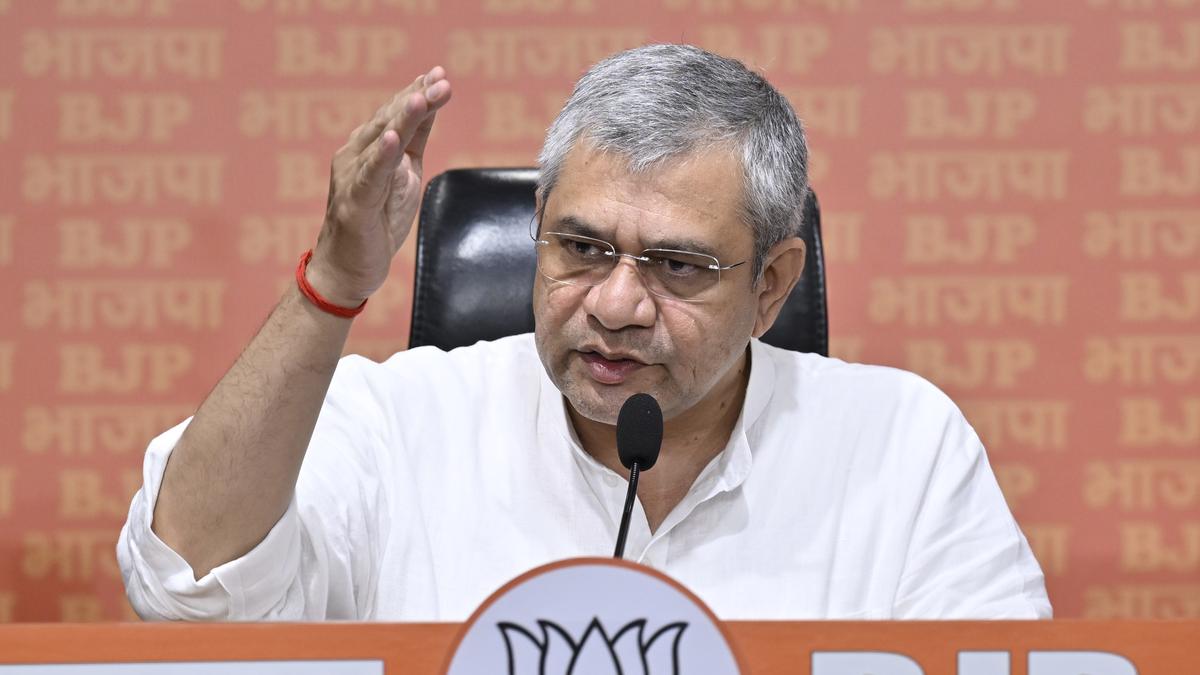Kerala’s infant mortality rate (IMR) has hit an all-time low of 5 (per 1,000 live births) which is five times lower than the national average of 25.
This is as per the latest Sample Registration Survey (SRS) report, the reference year being 2023.

An IMR of 5 is an incredible achievement for Kerala’s health system, as it is even lower than the current infant mortality rate of 5.6 in the United States. Kerala is also the only State in the country with a single digit IMR, with zero urban-rural divide.
Kerala first achieved the single digit IMR of 7 in 2018 and this was maintained by the State, touching the figure of 6 in 2019.
Bringing the IMR to a single digit had been a project passionately pursued by the State Health department and the Indian Academy of Paediatrics’ (IAP) State branch since 2010 as the IMR had been stagnating at 12 for years.
In 2013, IAP conducted a Statewide study, which pinpointed the causes of IMR. It found that 75% of the infant deaths in Kerala were occurring in the neonatal period, of which 59% were happening within the first week of birth. Prematurity (35%) was another major cause of infant death, so were congenital heart diseases, claiming 28% of the deaths.
Systematic approach
It was the systematic approach adopted by the State, which focussed on proper infant death auditing, drawing up clinical guidelines and quality standards for improving antenatal and neonatal interventions, investment in delivery points, neonatal ICUs and newborn care nurseries and rigorous and periodic training for obstetricians and neonatal care nurses, which helped the State achieve and maintain this feat.
Today, 16 public hospitals where deliveries take place have secured the LaQshya national accreditation, and six hospitals, the MusQan certification for child-friendly services and high-quality infant care.
The comprehensive newborn screening programme to check for visible birth defects, congenital issues, hearing and vision impairment and metabolic disorders was another major initiative launched by the State.
Then came Hridyam in 2017, the State’s flagship programme launched as a public-private initiative for the early detection and treatment of congenital heart anomalies in infants. The impact of Hridyam in bringing down IMR is a well-documented story, for congenital heart disease-related deaths dropped by 41% in the first two years of Hridyam, while overall infant deaths dropped by 21%.
Till now, 8,450 infants have been treated under the programme.



.png)
.png)
.png)
















 2 hours ago
3
2 hours ago
3







 English (US) ·
English (US) ·